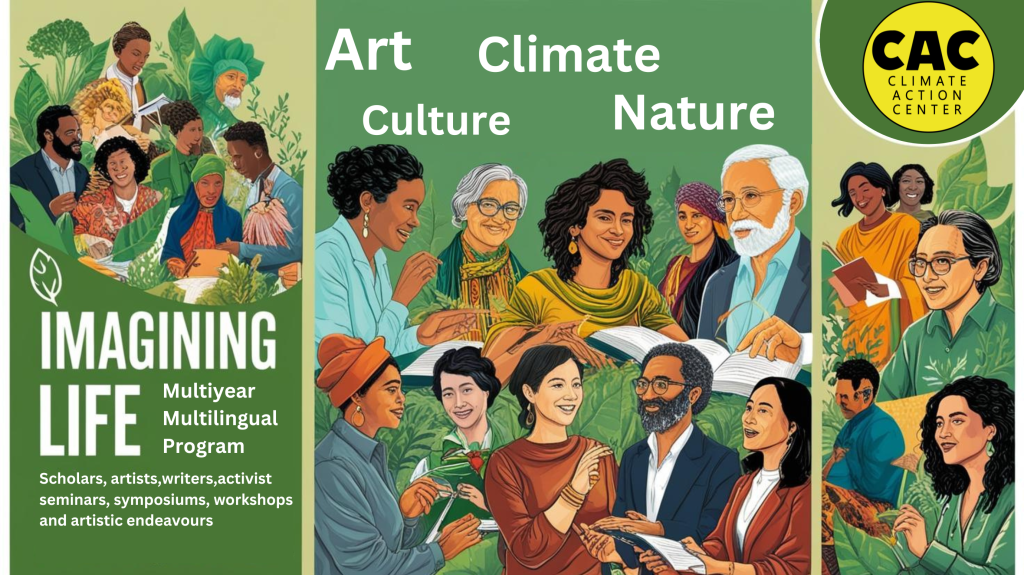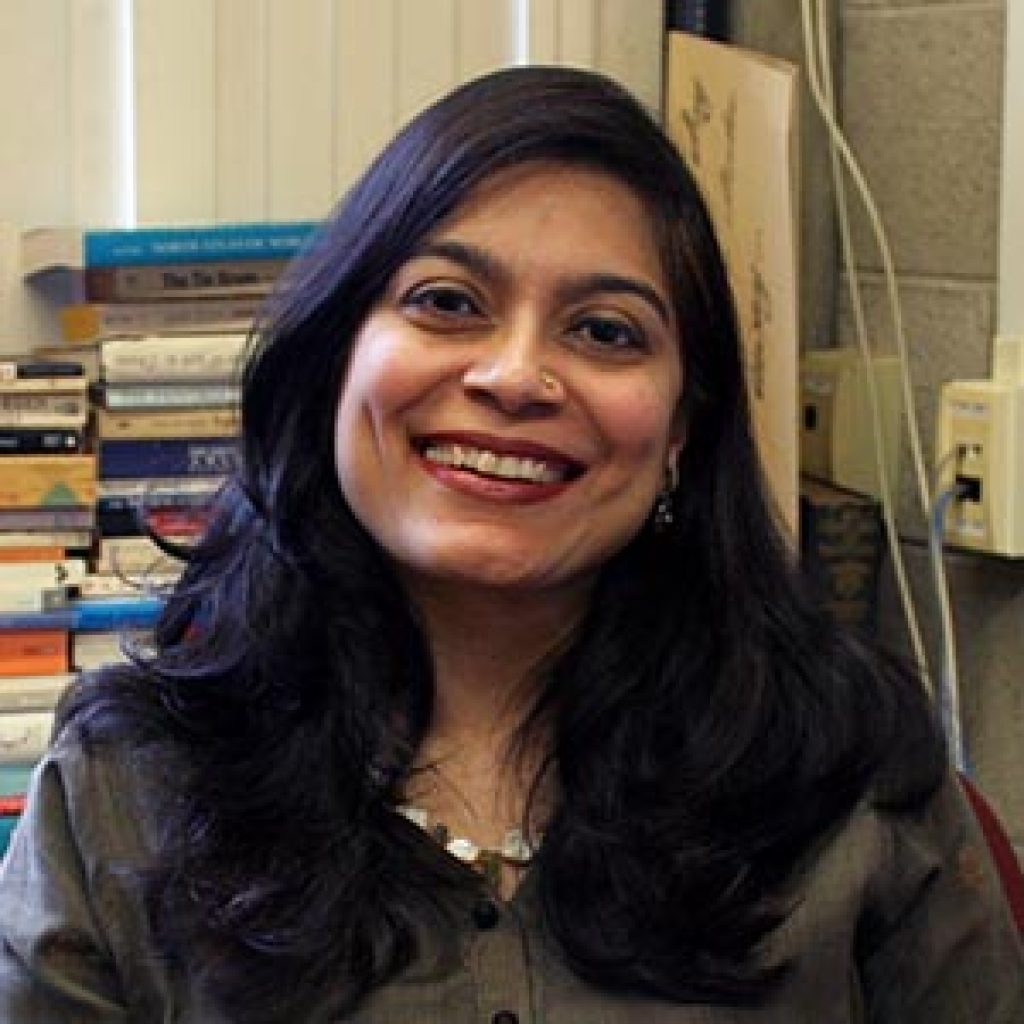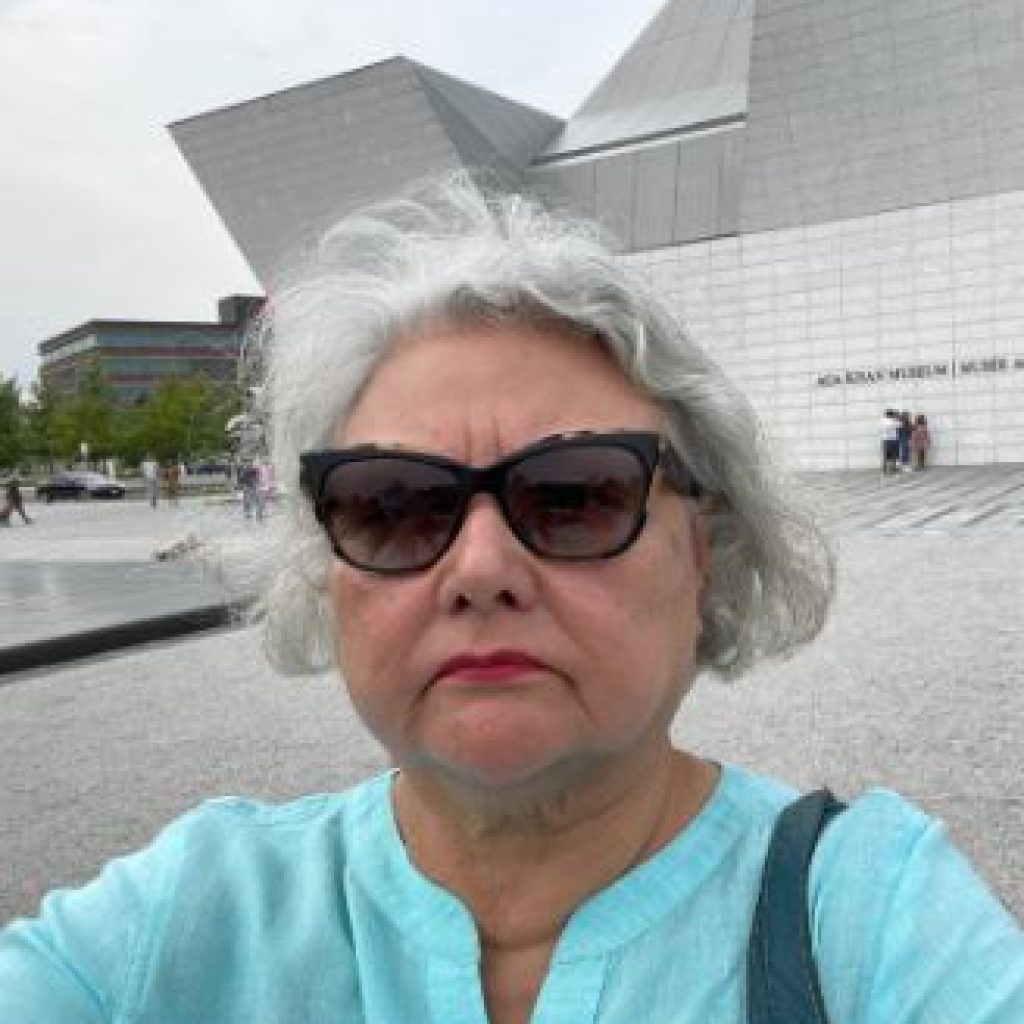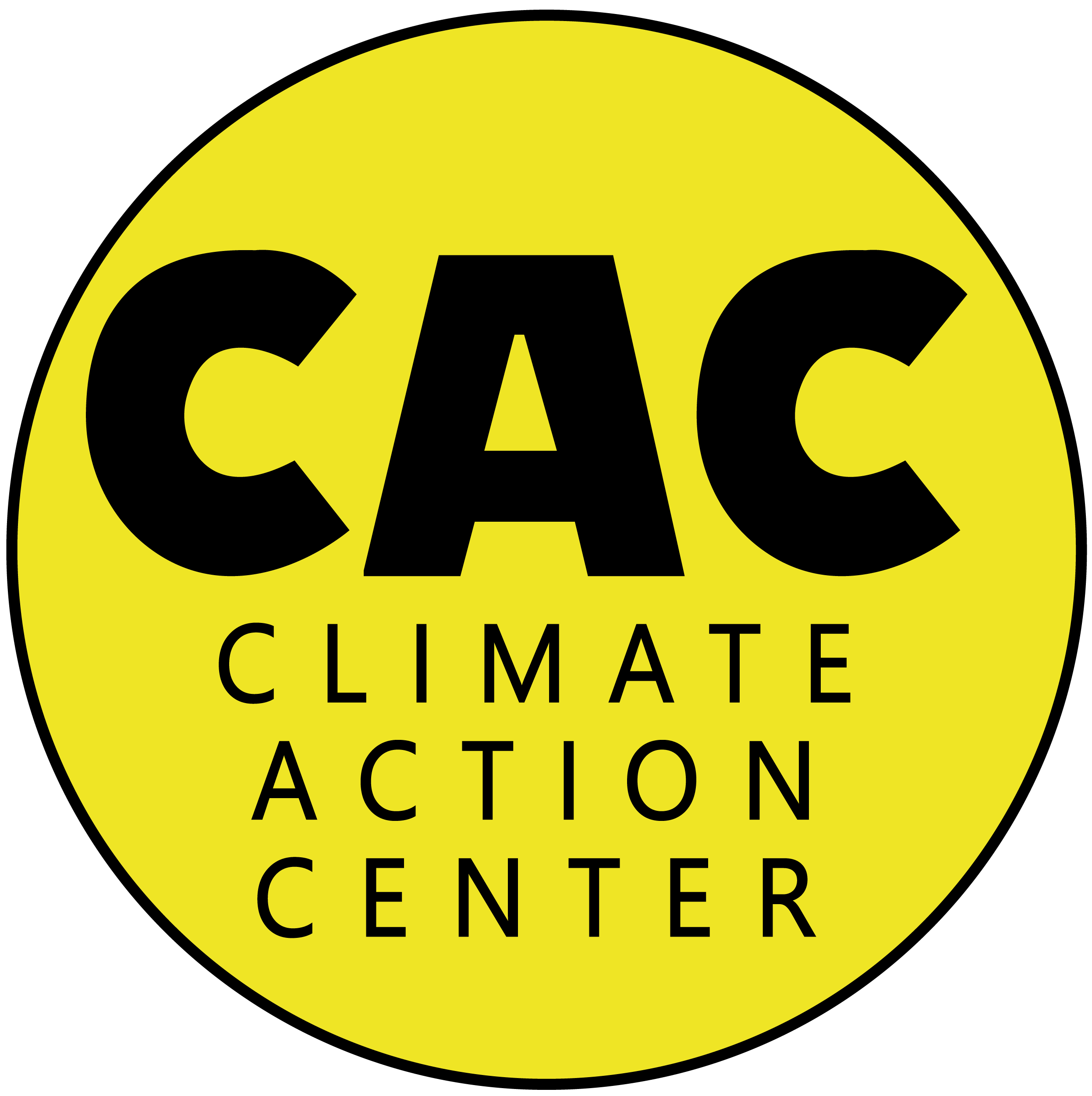
Imagining Life
The Climate Action Center (CAC) is launching its Imagining Life Series. This is a multi-year, multilingual, and multidisciplinary program and multimedia campaign of narrative, scholarship, and cultural production consisting of a series of seminars, webinars, symposia, workshops, and artistic endeavors. It seeks to bring together scholars, artists, writers, policymakers, and activists to explore issues of social transformation, cultural consciousness, and concepts of the future. Beginning with a focus on climate and environment, this series will aim to address many facets of social and cultural consciousness, with a strong emphasis on climate narratives and green transition through cultural engagement and community participation. CAC is based on the premise that climate is culture, and thus any truly effective and necessary transformative thinking must seek to understand our habits of thought and consciousness while conceiving of different futures.
Event Launch
Our launch event was to be held in March 2025, but had to be postponed because our keynote speaker was unable to travel. The program is expected to launch in July 2025. This will bring together artists, writers, and activists to explore how cultural consciousness and creative expression can help us rethink life amidst climate crises and humanitarian challenges. Through a keynote speech, panel discussions, and art showcases, this event will invite participants to envision a future beyond apocalypse—one rooted in resilience, hope, and collective action. The event focuses on narrative building, highlighting how stories and artistic practices can shape our understanding of the world by rethinking life and some of the conceptual and historical impediments to such thinking.
Program Members
Sadia Abbas
Advisor, Humanities and Education, CAC

Sadia Abbas grew up in Karachi and Singapore, lives in New York and spends all the time she can in Lesbos, Siena and London. She has served as director of the Center for European Studies at Rutgers-New Brunswick and associate professor of postcolonial studies at Rutgers University-Newark. She is the author of At Freedom’s Limit: Islam and the Postcolonial Predicament, winner of the MLA first book award, and the novel The Empty Room, shortlisted for the DSC prize for South Asian Literature, and co-editor (with Jan Howard of the RISD museum) of Shahzia Sikander: Extraordinary Realities, , which was listed as one the best art books of 2021 by the New York Times. She has written numerous essays on subjects including Jesuit poetics and Catholic martyrdom in Early Modern English poetry, neoliberalism and the Greek debt crisis, Pakistani art, the uses of Reformation in contemporary Muslim thought, and treatments of subjectivity in contemporary theorizations of Muslim female agency. She has also written essays and opinion pieces for Dawn and Daily Times (the Pakistani dailies), Naya Daur, OpenDemocracy, CommonDreams, and TANK magazine. Her research interests include Europe and the EU, the rise of the right, and translation and South Asian literature. She is currently completing Revenant Ruin: Colonialism and the Management of Life, a book about ruin discourse in India, Greece, and the Americas, her next novel, and a project on the Future, continuing trajectories of thought from Revenant Ruin, tentatively titled Imagining Futures.
Niilofur Farrukh
Advisor on Art, CAC

Niilofur Farrukh is a Karachi-based art interventionist who works at the intersection of art criticism, publication, curation, and public art in Pakistan. Primarily motivated by decolonial issues and the convergences between political ideology and visual narrative, her research and writing focus on excavating the interdisciplinary connections that keep getting lost in Pakistan’s tangled cultural and political matrix.
She has three books to her credit and numerous essays for publications. Her most recent publication is A Beautiful Despair – The Art and Life of Meher Afroz ( Le Topical Printers Pvt Ltd, 2020). The other two are Pioneering Perspectives ( Ferozsons ( Pvt) Ltd, 1998) and Pakistan’s Radioactive Decade: An Informal Cultural History of the 1970s, co-edited with Amin Gulgee and John McCarry (Oxford University Press, 2019).
In 1999, she co-founded ASNA with its mandate to foster synergies between contemporary art and artisanal practices. This led to co-curating three iterations of the International ASNA Clay Triennial and Kumbhar Melas ( asnaart.com)
Niilofur co-founded NuktaArt, Pakistan’s Contemporary Art Magazine, and was its founding editor for 10 years, while it was in print. Her contributions can be found in leading Pakistani and South Asian publications. She has been an art columnist for Newsline and Dawn. Currently, she writes a monthly piece for The Karachi Collective, an online platform.
She is regularly invited by institutions to present papers at forums across the world, and has made presentations in Korea, China, Australia, Sri Lanka, Nepal, India, Turkey, Sweden, Norway, the UK, Canada, Brazil, and Paraguay.
Niilofur has served two terms as Vice President on the Board of the International Art Critics Association and is the former Chair of the Election and Membership Committee. At present, she is the Chair of the Censorship and Freedom of Expression Committee. She has been on the Jury of the AICA Young Critic Award for two consecutive years.
In 2023, Niilofur was invited to be a member of the jury for the International Public Art Prize. She was recently appointed for a 5-year term as a member of the Academic Committee of the International Institute of Public Art Prize at Shanghai University.
She is the Founder of the Karachi Biennale Trust and served as its Managing Trustee from 2016 to 2025. As the CEO of the Karachi Biennale, Niilofur Farrukh, she was responsible for its four iterations.
